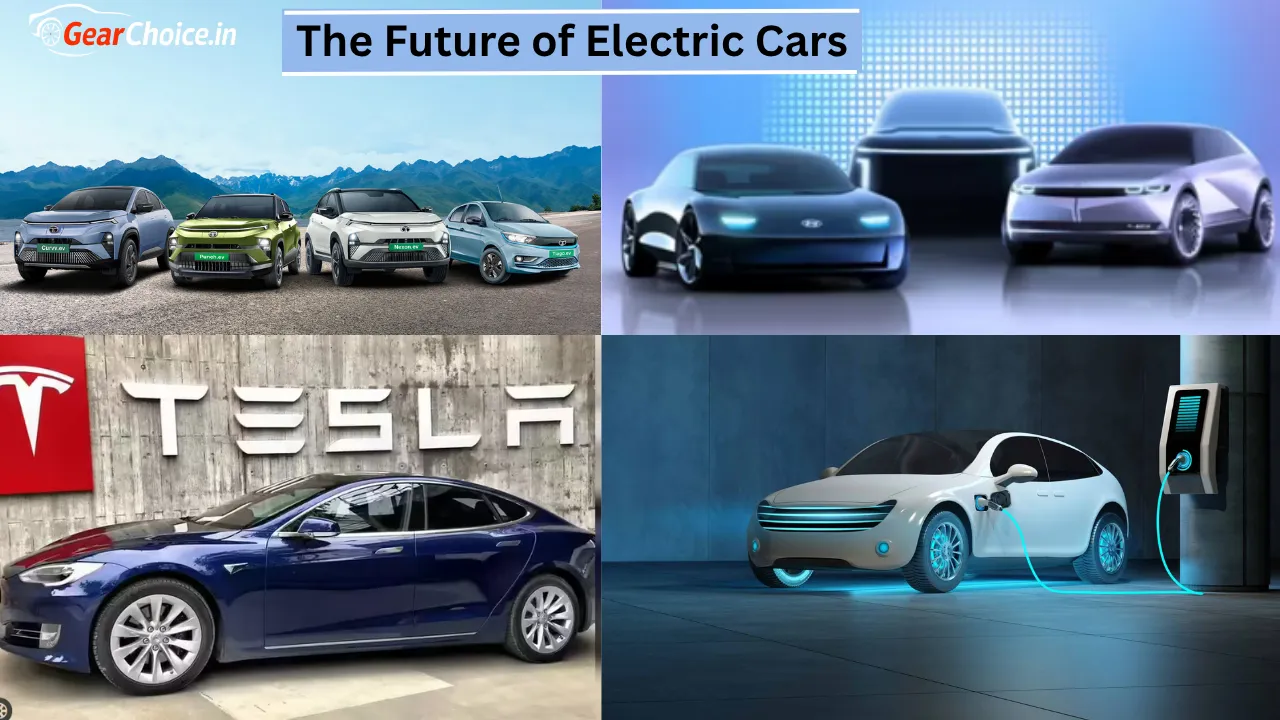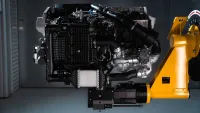The Future of Electric Cars: New Launches and Plans of Top Brands
The automobile industry in India is going through a phase of rapid change, and the demand for electric vehicles (EVs) is increasing day by day. Environmental awareness, rising petrol-diesel prices and the government's EV-friendly policies are further promoting it. In such a situation, the top auto companies of the country and the world are coming up with new models and future plans of electric cars.

Why Are Electric Cars Necessary?
The increasing problem of environmental pollution and carbon emissions has made electric vehicles necessary. EVs are not only eco-friendly, but are also more economical than expensive fuel in the long term. The Government of India is also running many schemes with the goal of adopting EVs by 2030, such as FAME II scheme and tax exemption.
New EV launches and plans of top brands
1. Tata Motors
Tata Motors has already launched successful cars like Nexon EV and Tiago EV. Now the company is working on a plan to launch more than 10 EV models by 2025. Tata Curvv EV and Harrier EV are in the news in the coming time.
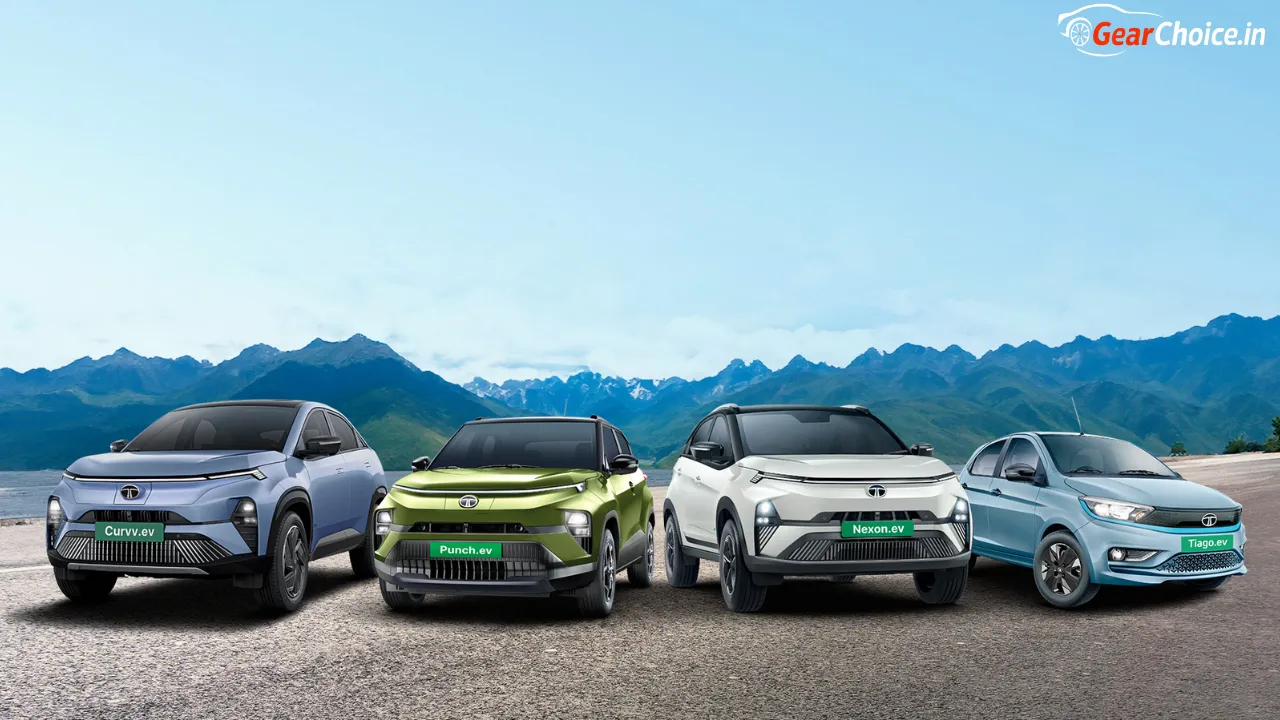
2. Mahindra
Mahindra has recently introduced its Born Electric Series which includes models like XUV.e8, XUV.e9 and BE.05. Mahindra plans to have a 30% share in the EV market by 2026.
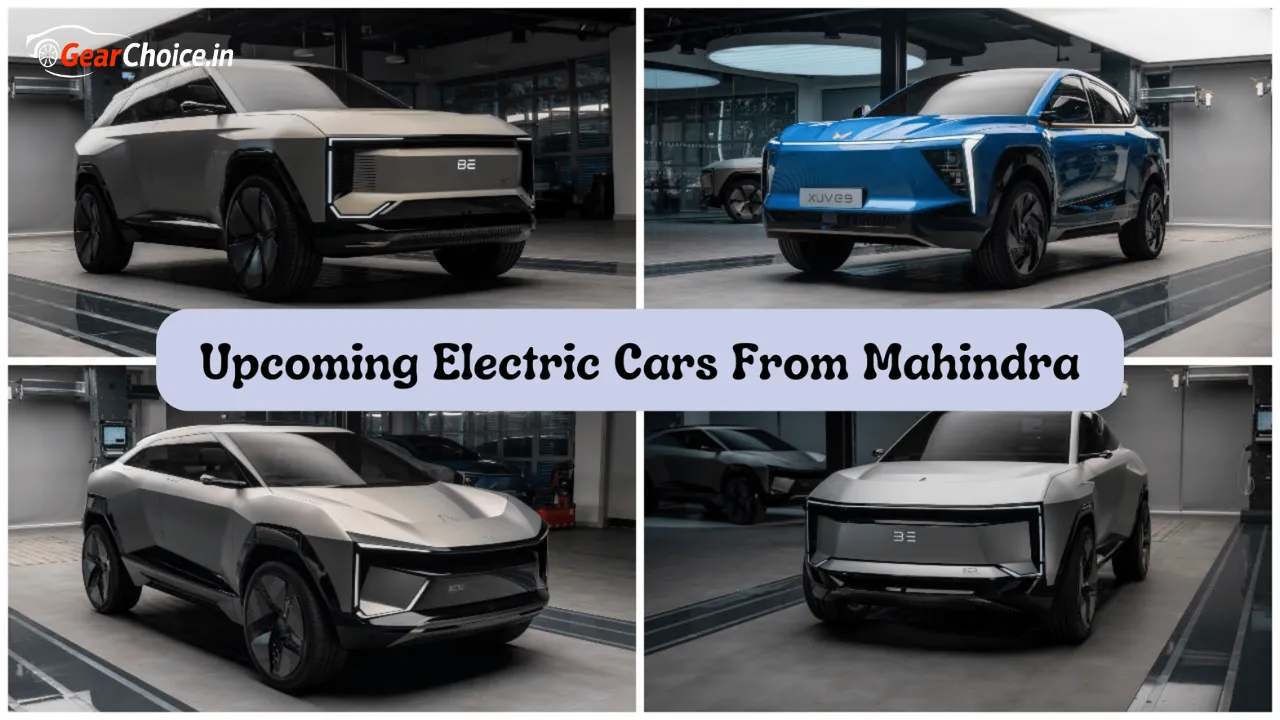
Hyundai has already launched premium EVs like Ioniq 5 and now the company is preparing to bring new variants of Ioniq 6 and Kona Electric. The company aims to launch 6 new EV models in India by 2027.
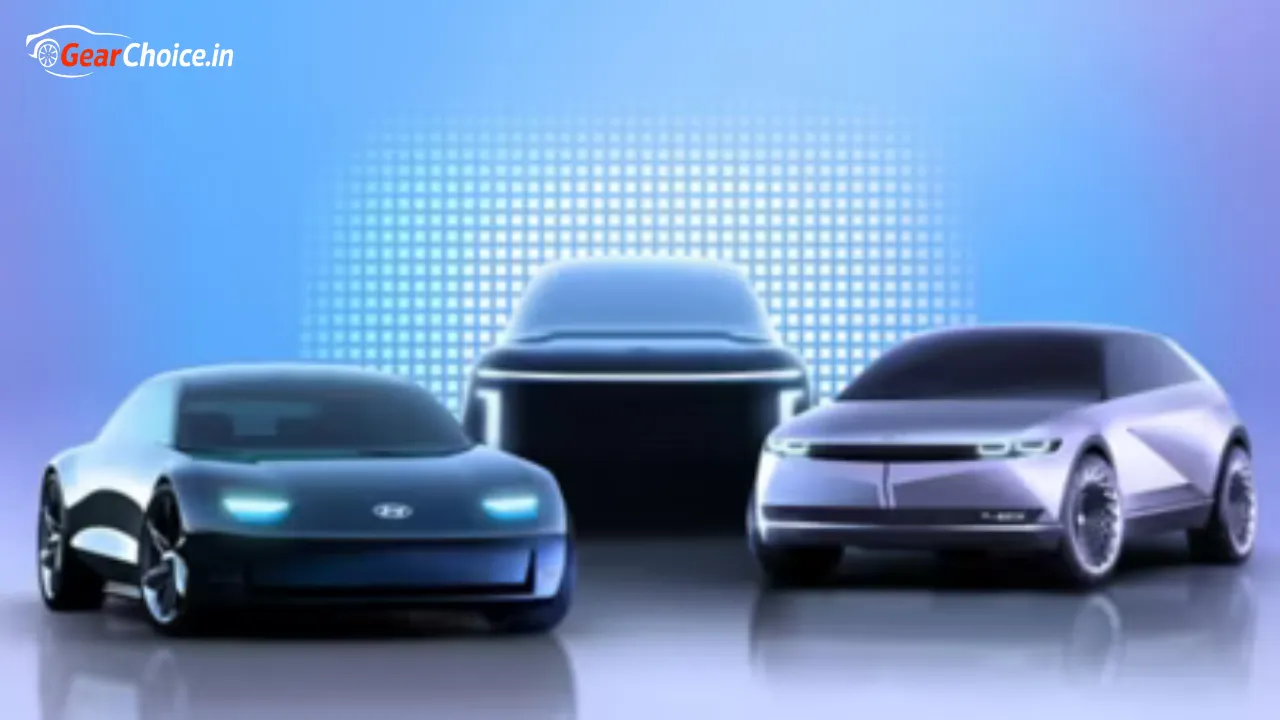
4. MG Motor
MG has launched small city EVs like Comet EV after its first EV ZS EV. Now the company is working on sports EVs like MG Cyberster and affordable EVs based on new platforms.
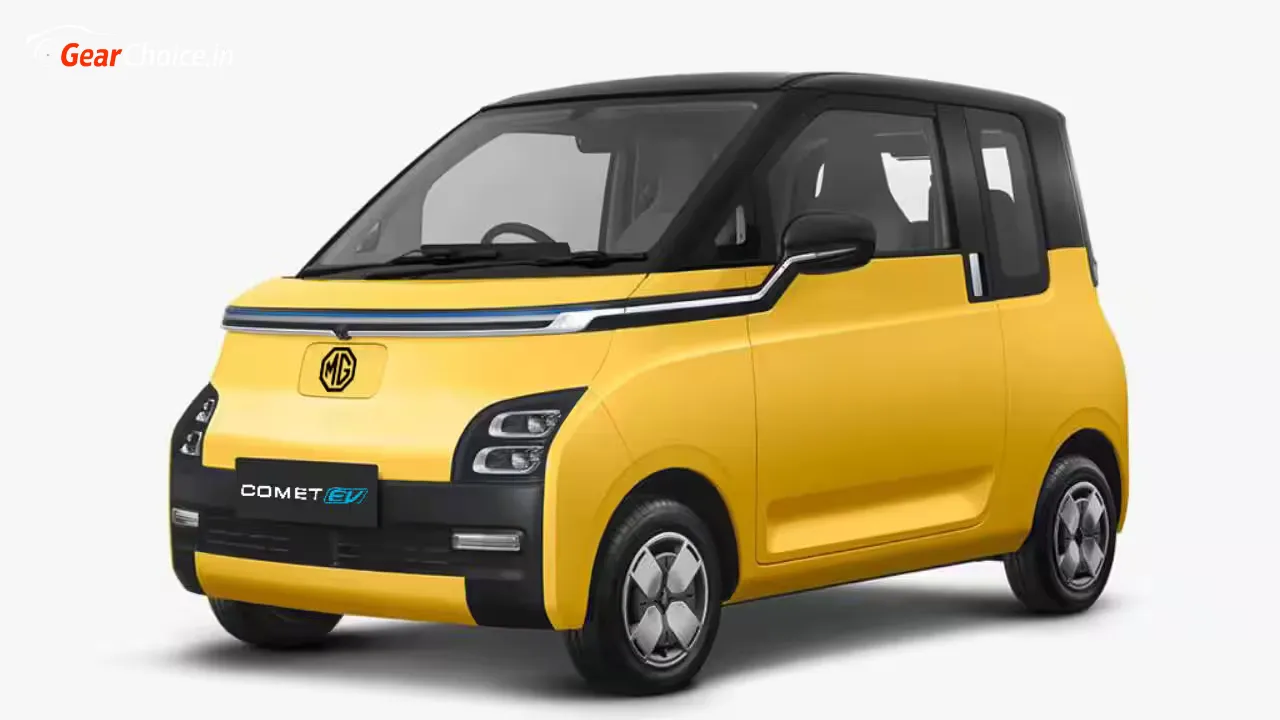
5. Maruti Suzuki
India's largest carmaker is also now entering the EV race. The first EV named Maruti eVX is going to come in 2025, which has been developed in collaboration with Toyota.
6. Tesla (expected)
Tesla has been planning to enter India for a long time. Now it is expected that by the end of 2025, the company can launch vehicles like its Model 3 and Model Y in India.
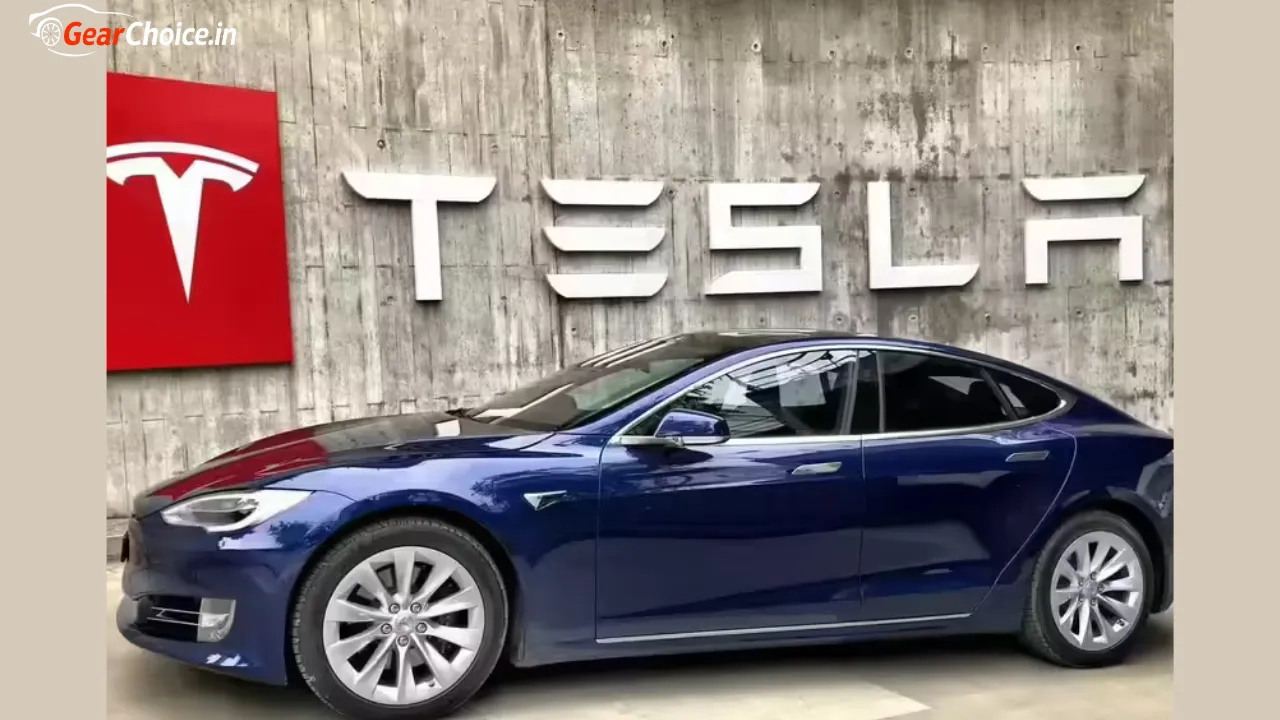
Government and future of EVs
The Government of India is working rapidly on charging infrastructure. Apart from this, road tax and registration fees are being waived on electric vehicles. State governments are also giving subsidies, which has made buying an EV even cheaper.
Challenges still remain
Lack of charging stations
Battery price and replacement
Range anxiety for long distance travel
EV acceptance in rural areas
To solve all this, the government and companies will have to work together.

